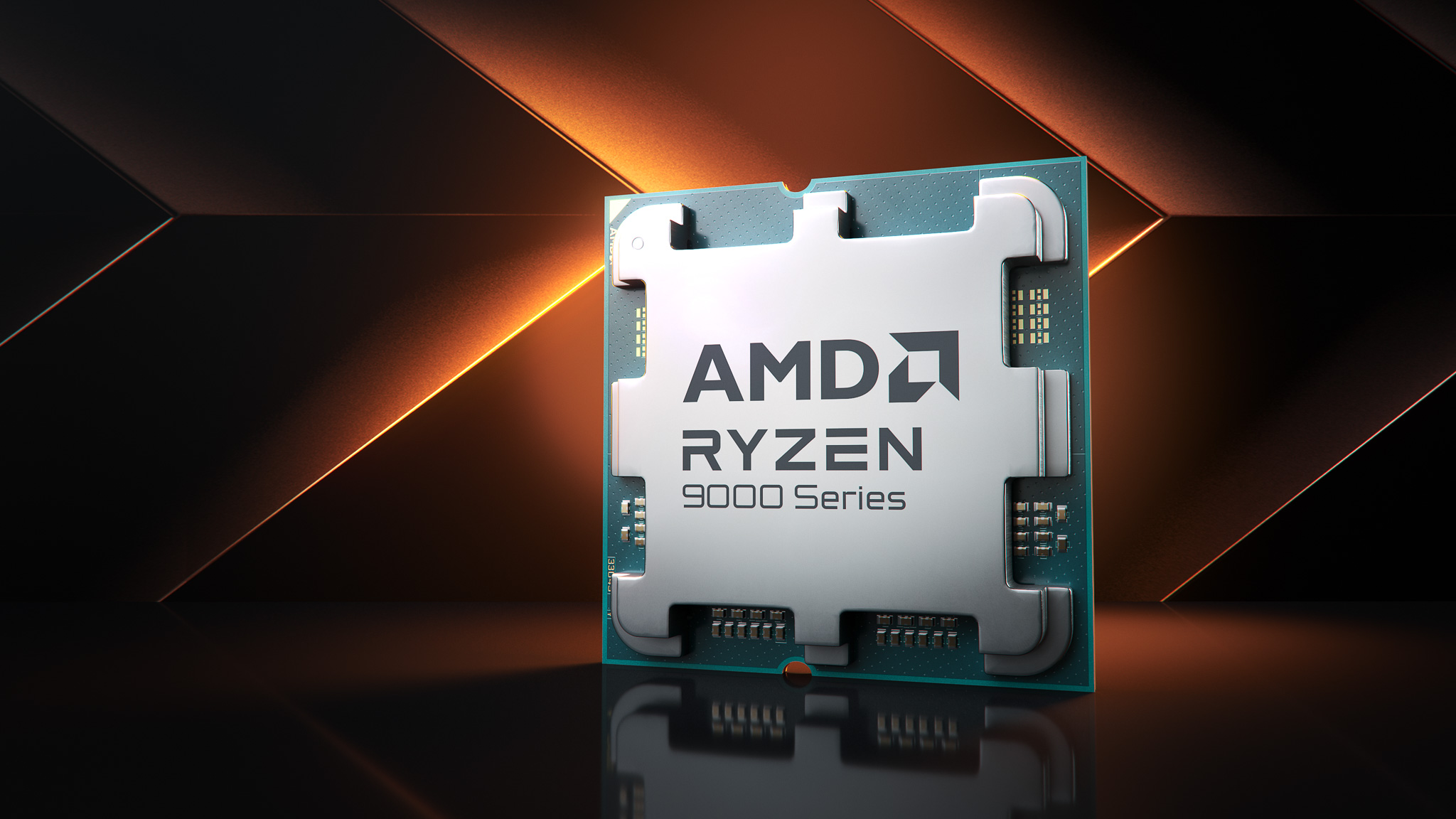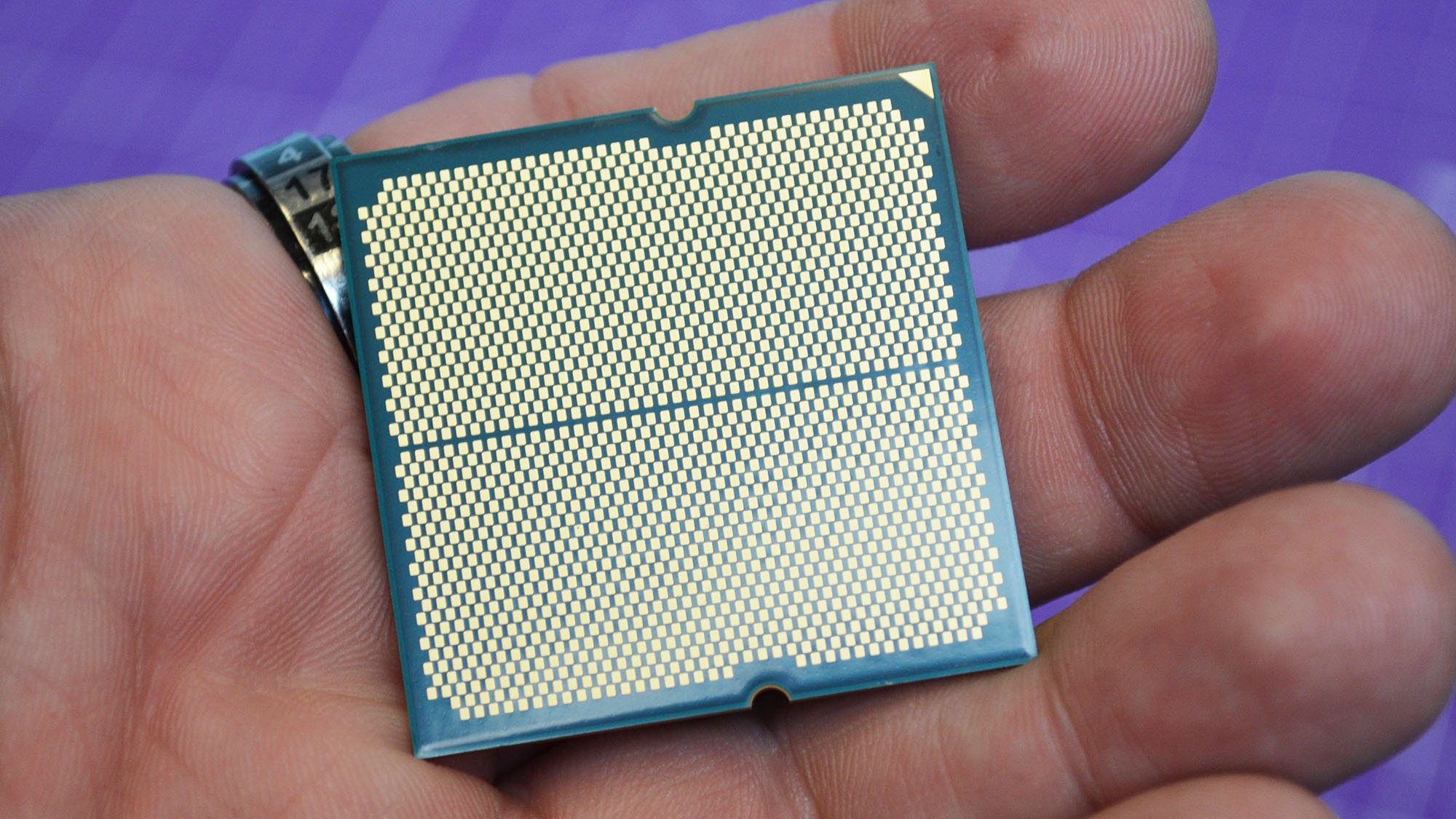AMD’s Ryzen 9000 CPUs could be a flop according to a new survey that’ll make difficult reading for Team Red
Previous Zen processor generations were met with much more positive first impressions

Sign up for breaking news, reviews, opinion, top tech deals, and more.
You are now subscribed
Your newsletter sign-up was successful
There’s been some negative reaction to the launch of AMD’s new Ryzen 9000 chips – certain other controversies didn’t help, either – and a new survey has tried to dig deeper into the opinions of PC owners on the new Zen 5 silicon.
German tech site 3D Center carried out a survey of its readers to determine the broad reaction and first impressions of AMD’s initial clutch of Ryzen 9000 CPUs.
The poll had almost 1,000 respondents, so that’s a fairly small sample, but nonetheless not an insignificant slice of the opinions of the tech site’s readers – which veered more towards the negative than positive.
There were three batches of answers – positive, average, and negative – each of which had four options as the reason for the response (except the positive respondents, which had three reasons). In total, most respondents had an ‘average’ reaction to Ryzen 9000 – some 55% – with 21% responding positively, and 24% negatively.
So, the negative reactions just outweighed the positive, but only by a small amount.
Drilling down to the reasons folks gave for their reaction, in the average responses, the majority (23%) felt that Ryzen 9000 didn’t deserve a positive tick due to a lack of strong gaming performance. 19% marked the Zen 5 CPUs as average due to an overall lack of generational uplift for performance (not just gaming).
It was a similar story for those who opted for a negative reaction, with the main complaint in this case being the lack of overall performance (11%) followed by gaming performance (9%).
Sign up for breaking news, reviews, opinion, top tech deals, and more.
Adding up those percentages, a total of 62% gave Ryzen 9000 an average or negative evaluation due to the chips lacking in performance, gaming, or otherwise – which is nearly two-thirds of the respondents.
Those who were in the positive category of either ‘thinking about’ buying a Ryzen 9000 chip, or who’d already actually purchased one, totalled just 12%, or roughly one in eight.

Analysis: Historical perspective looks pretty bad for Ryzen 9000
This is a somewhat worrying set of opinions for AMD, but as already noted, it is a relatively small sample compared to the entire world of PC owners. The thing is, it very much reflects what we’ve seen of the sentiment regarding Ryzen 9000 CPUs on various online forums (Reddit, X, YouTube, and so on).
Indeed, going by that online reaction in general, we were expecting these survey results to come out worse than they did. This goes to illustrate an interesting point with regard to lurking around in online forums – those with negative opinions tend to be a bit louder and more vociferous.
What’s most telling here, though, is that 3D Center has conducted these polls dating back to 2010, taking the temperature of the reaction to every generation of AMD and Intel silicon – and Zen 5 has been met with a far more lukewarm reception than Ryzen 7000. With AMD’s last-gen processors, the level of positive first impressions was at 55% (versus 21% with Ryzen 9000), and would-be buyers amounted to over 25% of respondents (versus 12% here).
To put this into further context, Ryzen generations previous to Zen 4 hit more like 90% positive reactions.
It's not a good look for AMD, in short, but Ryzen 9000 is still in the early stages of its existence – this is just a first impression of Zen 5, after all. Team Red could easily swiftly adjust pricing, particularly with Black Friday not far off now, to try and stoke more sales. And, of course, Ryzen 9000 X3D may yet make a major, more positive impact (certainly with the disenchanted gamers out there frustrated with the Zen 5 launch), and those 3D V-Cache chips could be arriving soon enough.
Via Wccftech
You might also like
Darren is a freelancer writing news and features for TechRadar (and occasionally T3) across a broad range of computing topics including CPUs, GPUs, various other hardware, VPNs, antivirus and more. He has written about tech for the best part of three decades, and writes books in his spare time (his debut novel - 'I Know What You Did Last Supper' - was published by Hachette UK in 2013).